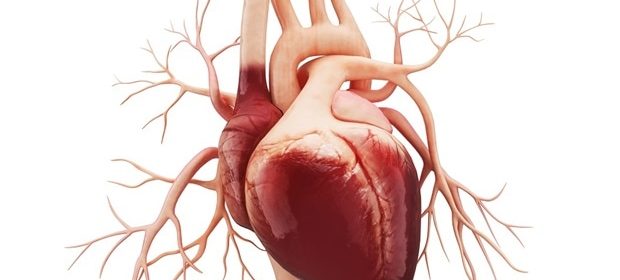propecia reviews side effects

Where to buy generic ventolin best price without prescription
Heart failure is a syndrome characterized by several clinical features. Before deciding on treatment, physicians need to evaluate patients individually to establish exactly what is causing the heart failure whether it be myocardial dysfunction, a valve disorder or another underlying problem.
Some of the factors known to contribute to heart failure include:
- Ischemic heart disease or coronary heart disease leading to problems such as angina and heart attack
- Long-term high blood pressure
- Diabetes and obesity
- Cigarette smoking
- Obstructive sleep apnea
- Dilated cardiomyopathy resulting in dilated and enlarged heart muscles that pump blood less effectively
- Viral infection of the heart that may trigger cardiomyopathy
- HIV infection and AIDS that may lead to cardiomyopathy
- Cardiac muscle diseases such as amyloidosis and systemic lupus erythematosus
- Certain medications, cancer chemotherapy agents, drugs of abuse and excess alcohol may also give rise to cardiomyopathies
- Heart rhythm abnormalities or arrhythmias may cause acute or sudden heart failure. An increased heart rate or atrial fibrillation reduces the cardiac output and weakens the heart muscles. It can also increase the risk of thrombosis or a blood clot that may lead to stroke.
Heart valve diseases also give rise to heart failure. There are four one-way valves in the heart. Two of these lie between the right sided and left sided atrium and ventricles. The other two lie at the exits of the ventricles. Damaged or leaking valves increase the amount of work the heart has to do to pump. For example, if the valves are leaking, there is an excess pooling of blood which causes the heart to work harder to pump back-flowing blood, in addition to the blood it would usually pump. If the valves are too tight, the heart muscles need to pump blood at an increased pressure to push it through the narrowing.
Examples of diseases or disorders that increase the risk of heart failure include anemia, overactive thyroid gland (thyrotoxicosis), gram negative septicemia, arteriovenous fistula and Paget's disease.
Sources
- http://www.nhs.uk/Conditions/Heart-failure/Pages/Introduction.aspx
- http://www.heartfailureguideline.org/_assets/document/Guidelines.pdf
- http://www.sign.ac.uk/pdf/sign95.pdf
- www.heart.org/…/ucm_300315.pdf
- https://www.ghc.org/all-sites/guidelines/heart-failure.pdf
- www.nlm.nih.gov/…/ct129106.pdf
Further Reading
- All Heart Failure Content
- Heart Failure
- Heart Failure Terminology
- Heart Failure Classification
- Heart Failure Symptoms
Last Updated: Feb 26, 2019

Written by
Dr. Ananya Mandal
Dr. Ananya Mandal is a doctor by profession, lecturer by vocation and a medical writer by passion. She specialized in Clinical Pharmacology after her bachelor's (MBBS). For her, health communication is not just writing complicated reviews for professionals but making medical knowledge understandable and available to the general public as well.
Source: Read Full Article